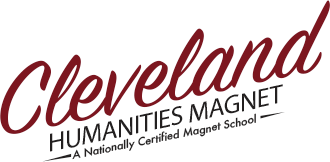Unit 4: Unraveling the Gender Knot: Acquiring Gender Literacy to Promote Equity
Literature Workshop
When studying a sociological construct such as gender, it is crucial to see how literature has shaped the identity of women over time. This workshop highlights positive portrayals of women, particularly women of color, who experience the intersectionality of race and gender, and deal with a system of oppression that results in multiple forms of discrimination. In each text, we will analyze the protagonist’s transformation from a place of control to one of empowerment, ultimately giving a voice to those who have historically been silenced.
Sociology Workshop
In this workshop, we seek to explore the complexities of gender role socialization. We will study the theoretical debate of “nature vs. nurture,” and discuss how much of our understanding of gender is a result of biological predisposition and/or socialization.
History Workshop
In this workshop we will explore the “hidden” history of women in the United States. We begin with the colonial period and the origins of the women’s rights movement. Next, we will examine the Seneca Falls Convention and trace the key events of the woman’s suffrage movement, culminating in the 19th Amendment. Then, we will view different perspectives of the women’s rights movement through the words of Betty Friedan and Phyllis Schlafly. We will conclude this workshop with a study of the continuing struggles for equality and women’s rights in the present day.
Visual Arts Workshop
This workshop focuses on the art of narrative photography, based on the work of Judy Olausen and Cindy Sherman, as a means of highlighting the impact of gender roles on male and female experiences.


